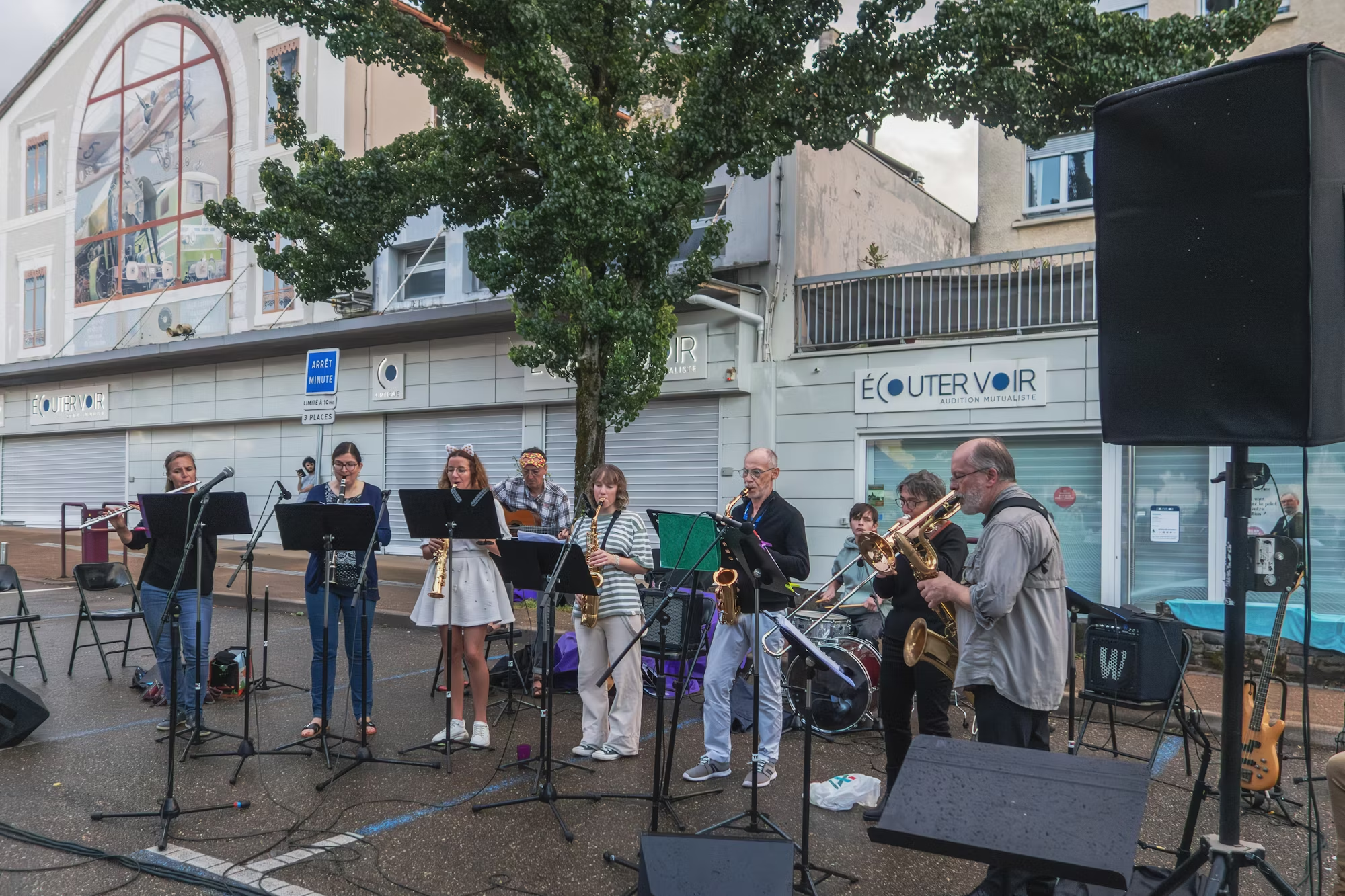Music is a universal language that transcends boundaries and connects people across cultures. Over the centuries, it has evolved into a multitude of genres, each with its own unique characteristics, influences, and cultural significance. This article takes you on a journey through the evolution of music genres, highlighting key moments in history and the artists who shaped the soundscape we know today.
The roots of modern music can be traced back to ancient civilizations, where music played a crucial role in religious and cultural rituals. From the chants of early humans to the complex melodies of classical composers, music has always reflected the societal values and emotions of its time. As we delve into the past, we discover how various genres emerged and transformed, influenced by social, political, and technological changes.
Classical Music: The Foundation of Western Music
Classical music, often regarded as the backbone of Western music, originated in the medieval period and flourished during the Renaissance and Baroque eras. Composers like Bach, Mozart, and Beethoven laid the groundwork for modern musical theory and composition. Their works are characterized by intricate melodies, harmonious structures, and a deep emotional resonance.
As classical music evolved, it gave rise to different styles, including symphonies, operas, and chamber music. The emergence of new instruments, such as the piano and violin, allowed composers to explore a wider range of sounds and dynamics. This period also saw the rise of virtuoso performers, who showcased their talents in grand concert halls, making classical music more accessible to the public.
The Birth of Jazz: A Cultural Revolution
The early 20th century marked a significant turning point in the music landscape with the birth of jazz. Originating in African American communities in New Orleans, jazz combined elements of blues, ragtime, and folk music. It was a genre that celebrated improvisation, individuality, and emotional expression.
Key figures like Louis Armstrong, Duke Ellington, and Billie Holiday revolutionized jazz, pushing its boundaries and infusing it with their unique styles. The genre not only influenced music but also played a pivotal role in the civil rights movement, serving as a form of resistance and cultural pride for African Americans.
Rock and Roll: The Sound of Rebellion
The 1950s ushered in the era of rock and roll, a genre that embodied youth rebellion and cultural change. Artists like Elvis Presley, Chuck Berry, and Little Richard challenged societal norms, introducing a new sound that combined rhythm and blues with country music. The electrifying performances and catchy melodies of rock and roll captivated audiences, leading to a cultural phenomenon that transcended generations.
As rock music evolved through the decades, it branched into various subgenres, including punk, metal, and alternative rock. Each of these styles brought its own distinct sound and message, reflecting the social and political climate of the time. Bands like The Beatles and The Rolling Stones became icons, using their platforms to address issues such as war, equality, and personal freedom.
Hip-Hop: A Voice for the Voiceless
Emerging in the late 1970s and early 1980s, hip-hop arose from the need for self-expression within marginalized communities. Originating in the Bronx, this genre encompassed not just music but also dance, fashion, and visual art. Pioneers like DJ Kool Herc and Grandmaster Flash laid the groundwork for what would become a global movement.
Rap, a core component of hip-hop, served as a powerful tool for storytelling, addressing social injustices, and celebrating cultural identity. Artists like Tupac Shakur, The Notorious B.I.G., and later, Kendrick Lamar, pushed the genre to new heights, tackling issues such as poverty, racism, and violence. Hip-hop’s influence extends beyond music; it has shaped fashion, language, and social movements, making it a vital part of contemporary culture.
Pop Music: The Global Sensation
Pop music, characterized by its catchy melodies and broad appeal, has become one of the most dominant genres in the world. From the early days of artists like Madonna and Michael Jackson to today’s superstars like Taylor Swift and BTS, pop music continues to evolve, incorporating elements from various genres.
The rise of digital platforms and social media has transformed the way pop music is consumed and produced. Artists can now reach global audiences instantly, blurring the lines between genres and allowing for innovative collaborations. This fusion of styles has led to the emergence of subgenres like K-pop, which combines traditional Korean music with modern pop and hip-hop influences.
The Future of Music Genres
As we look to the future, the evolution of music genres shows no signs of slowing down. Technology continues to play a significant role in shaping the sound of music, with advancements in production techniques, digital distribution, and virtual performances. Genres are increasingly blending, creating new and exciting sounds that reflect the diversity of global culture.
The rise of independent artists and DIY platforms allows for greater creative freedom, giving rise to a multitude of voices and perspectives within the music industry. This democratization of music empowers artists to share their stories and connect with audiences on a personal level, fostering a rich and vibrant music community.
In conclusion, the evolution of music genres is a testament to the power of creativity and cultural expression. From classical compositions to the rhythms of hip-hop and the infectious melodies of pop, each genre tells a story that reflects the human experience. As we continue to explore and celebrate the diverse landscape of music, we uncover the ultimate connections that bind us all, transcending time and place.
